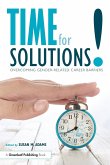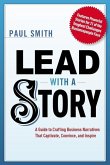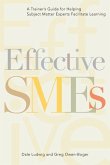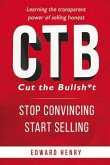"This step-by-step guide describes how to systematically capture knowledge gained from operational experiences and use it to inform decision making and support professional learening. It shows how to assemble the captured lessons and takeaways in the form of knowledge assets--discrete and consistently formatted documents that present answers to one specific question or challenge. The guide assumes that the enabling work discussed in the World Bank handbook, Becoming a Knowledge-Sharing Organization, has already taken place. The intended audience for Capturing Solutions for Learning and Scaling Up includes professionals, mid-level managers, knowledge and learning experts, and IT specialists, particularly those in the public sector of developing countries"--Back cover.
Hinweis: Dieser Artikel kann nur an eine deutsche Lieferadresse ausgeliefert werden.
Hinweis: Dieser Artikel kann nur an eine deutsche Lieferadresse ausgeliefert werden.








